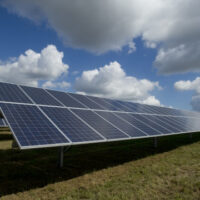As the summer draws to a close and kids across the country prepare to go back to school, more eyes and ears are on the safety zones surrounding the schools than ever. Obviously, it’s critical that we ensure children are safe as they travel to and from these facilities. Regulations are in place to guide […]
Read More

